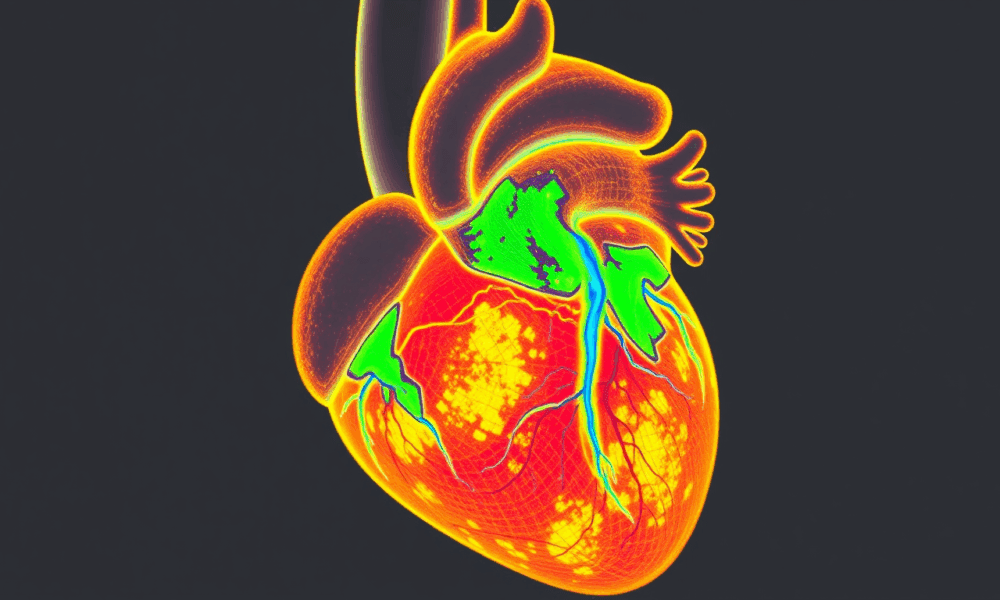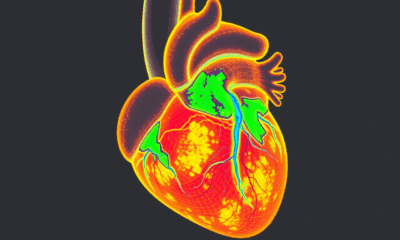


Scientists have developed a lightning-fast AI tool called HEAT-ML that can spot hidden “safe zones” inside a fusion reactor where parts are protected from blistering plasma...



Scientists have found that microscopic gold clusters can act like the world’s most accurate quantum systems, while being far easier to scale up. With tunable spin...



Researchers at the University of Minnesota Twin Cities have made a promising breakthrough in memory technology by using a nickel-tungsten alloy called Ni₄W. This material shows...



Using advanced metasurfaces, researchers can now twist light to uncover hidden images and detect molecular handedness, potentially revolutionizing data encryption, biosensing, and drug safety.



An advanced Johns Hopkins AI model called MAARS combs through underused heart MRI scans and complete medical records to spot hidden scar patterns that signal sudden...



A multinational team has cracked a long-standing barrier to reliable quantum computing by inventing an algorithm that lets ordinary computers faithfully mimic a fault-tolerant quantum circuit...



A research team has achieved the holy grail of quantum computing: an exponential speedup that’s unconditional. By using clever error correction and IBM’s powerful 127-qubit processors,...



Chalmers engineers built a pulse-driven qubit amplifier that’s ten times more efficient, stays cool, and safeguards quantum states—key for bigger, better quantum machines.



Scientists at NIST and the University of Colorado Boulder have created CURBy, a cutting-edge quantum randomness beacon that draws on the intrinsic unpredictability of quantum entanglement...



AI is revolutionizing the job landscape, prompting nations worldwide to prepare their workforces for dramatic changes. A University of Georgia study evaluated 50 countries’ national AI...